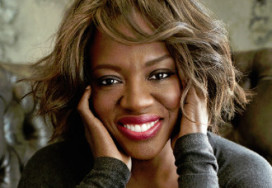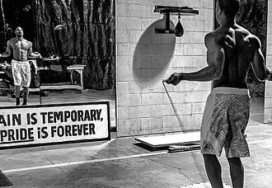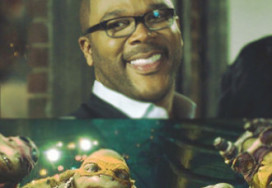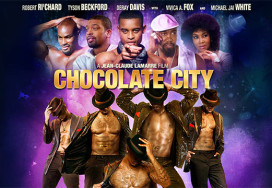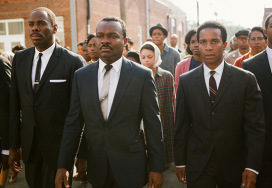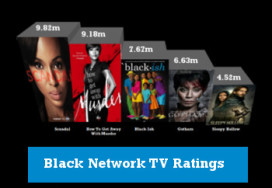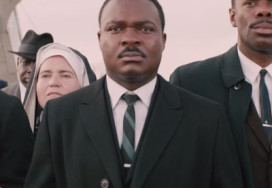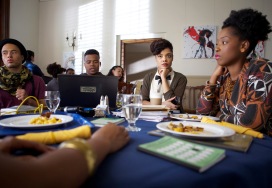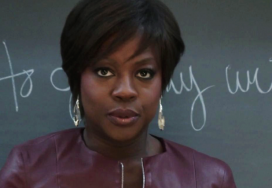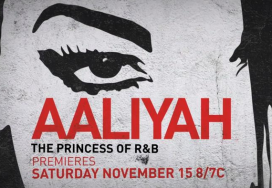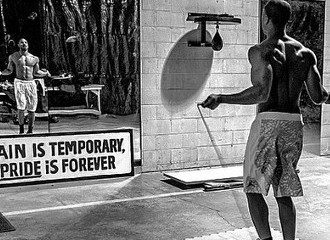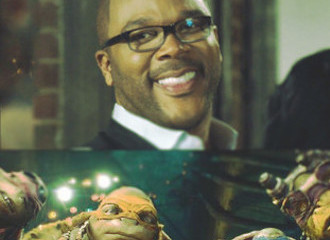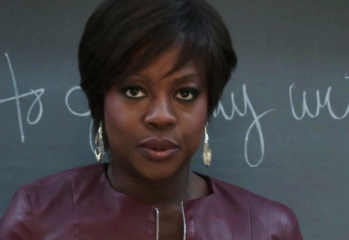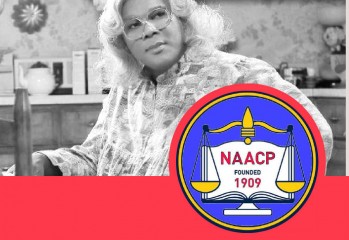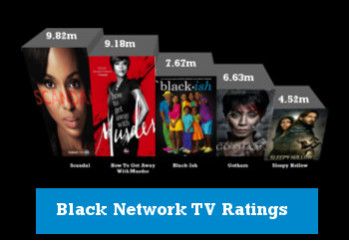Blallywood Film Review: 20 Feet from Stardom
 From a distance, it appears that background singers have it pretty good. They travel the world with the biggest stars without the stresses of celebrity and, let’s be honest, they sing the most memorable parts of the songs. However, background singing is a thankless job. They work long hours for less money and no recognition and often sacrifice or put off their own dreams to support the work of the main artist. 20 Feet from Stardom is a new film that sheds fascinating light on the insane business of background singing and celebrates the legacy of some of the most prolific background singers in music history.
From a distance, it appears that background singers have it pretty good. They travel the world with the biggest stars without the stresses of celebrity and, let’s be honest, they sing the most memorable parts of the songs. However, background singing is a thankless job. They work long hours for less money and no recognition and often sacrifice or put off their own dreams to support the work of the main artist. 20 Feet from Stardom is a new film that sheds fascinating light on the insane business of background singing and celebrates the legacy of some of the most prolific background singers in music history.
This Oscar-winning documentary features the stories of artists like Tata Vega, Judith Hill, and Claudia Lennear- women whose voices were featured on many of the most iconic R&B and rock records of all time. But, perhaps the most memorable storylines feature the real-life experiences of Merry Clayton, Lisa Fischer, and Darlene Love.
Merry Clayton, a former Raylette, was often considered by her contemporaries to be as good as (if not better than) Aretha Franklin but was consistently stifled by record companies for fear of competition. Lisa Fischer’s voice knows no limits- it is brash yet controlled in the low register, soft and tender mid-register, and soars in a way that pierces the heart in her high register. She has an unbridled gift for improvisation and scat but, after winning her own Grammy in 1991, couldn’t figure out what to do with herself and resorted to doing background work. Darlene Love experienced perhaps the most disturbing mistreatment in music history. She started recording hits at 15 years old. She recorded iconic hits like “He’s a Rebel,” “Da Doo Ron Ron,” and “Christmas (Baby Please Come Home)” but never received proper credit or pay.
The film beautifully traverses the history of background singing by delineating what was considered the “white sound” and the “black sound” and takes us on a racially charged journey through the radical transition between the two in the ‘70s. The film’s honesty concerning the racial injustice and difficulty these women experienced in the business, is tremendous. Staunch segregation in the music business forced many of the older women to record hits anonymously- a practice called “ghosting.”
And of course, the story telling is punctuated with incredible music. Finally these inspiring women have an opportunity to shine. Witnessing their vocal prowess from their early recording days as compared to the recording sessions filmed for this movie, one fact is clear- they’ve still got it. Check it out on Netflix!

